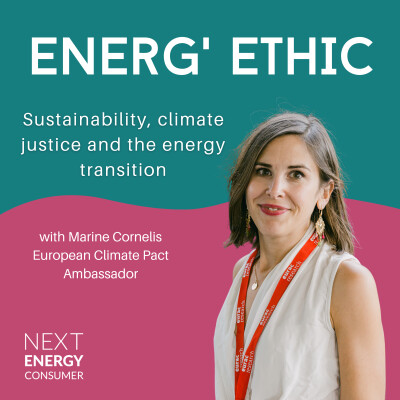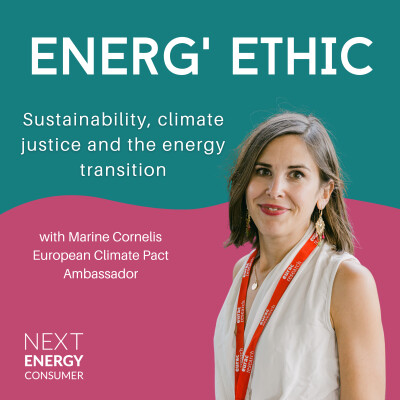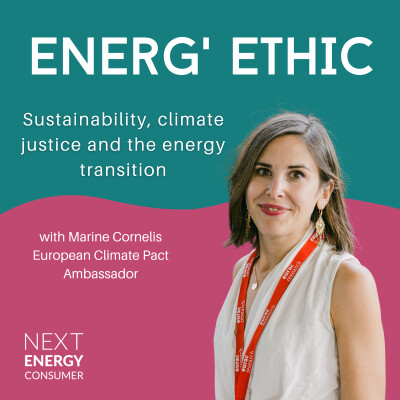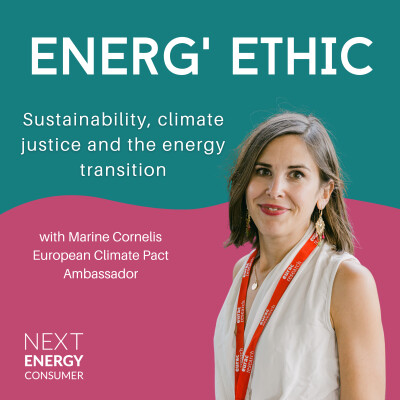Description
How can public investment subsidies be better designed to have a greater impact on those who need them most?
What can the business community do to involve people in vulnerable circumstances in the energy transition?
Audrey Dobbins is a researcher at the Institute of Energy Economics and Rational Energy Use (IER) in Germany at the University of Stuttgart. Audrey has built her career between South Africa, Germany and the United States and has worked and studied chemistry, political science and economics. These experiences give her a unique perspective on addressing energy poverty. She is particularly interested in the different capacities of individuals to participate in the energy transition and in the various forms of support and subsidies that could impact the long term. She's a very committed scientist who is passionate about educating policymakers and the business community about the multi-dimensionality of energy poverty and the solutions they can provide. She has demonstrated that better-targeted subsidies around support measures for the energy and climate transition can have a more significant overall impact.
"It's really about trying to find ways or explore and open the debate about how governments want to spend their money and what kind of future you want to pay for".
Find ENGAGER’s toolkit on building a transition with the people.
Audrey Dobbins’ research focuses on analysing the significance of energy poverty on the energy system by applying an energy-economics model. She will soon present a PhD thesis focusing on improving the energy welfare of vulnerable households and the overall energy planning while achieving the energy and social objectives of the energy transition in the German context.
Reach out to Marine Cornelis via Twitter @MarineCornelis or LinkedIn https://www.linkedin.com/in/marinecornelis
Music: I Need You Here - Kamarius
Edition: Podcast Media Factory
Support Energ'Ethic on Patreon https://patreon.com/Energethic
© Next Energy Consumer, 2021
Hosted on Ausha. See ausha.co/privacy-policy for more information.





